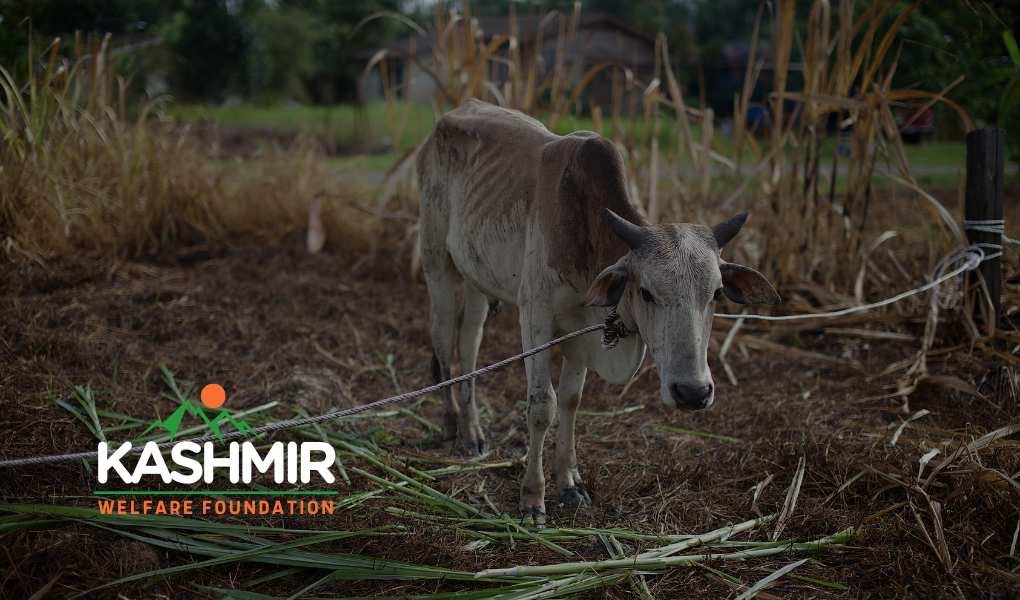
Why do we do Qurbani at Eid ul Adha?
Qurbani, also known as Udhiyah, is an important ritual performed by Muslims around the world during the festival of Eid ul Adha. It involves the sacrifice of an animal, such as a sheep, goat, cow, or camel, as an act of worship and obedience to Allah. The practice of Qurbani is deeply rooted in Islamic beliefs and has its origins in the story of Prophet Ibrahim (Abraham) and his son, Prophet Ismail (Ishmael).
The Link with Islamic Beliefs
In Islamic belief, the act of Qurbani symbolises the willingness of Prophet Ibrahim to sacrifice his son, Prophet Ismail, as an act of obedience to Allah’s command. According to the Qur’an, Prophet Ibrahim had a dream where he saw himself sacrificing his son. Taking this as a divine command, he informed his son about the dream, and both of them willingly submitted to Allah’s will.
As Prophet Ibrahim was about to carry out the sacrifice, Allah replaced Prophet Ismail with a ram, signifying that Prophet Ibrahim had passed the test of his faith and obedience. This event is considered a significant demonstration of devotion and trust in Allah’s commands.
Qurbani is a way for Muslims to commemorate and remember the sacrifice and submission of Prophet Ibrahim and Prophet Ismail. It serves as a reminder of the importance of faith, obedience, and selflessness in the life of a believer.
Moreover, Qurbani is not just about the act of sacrificing an animal, but it also holds deeper spiritual meanings. It is a way for Muslims to show their gratitude to Allah for His blessings and provisions. By sacrificing an animal, Muslims express their willingness to give up something valuable for the sake of pleasing Allah and seeking His forgiveness.
The act of Qurbani also teaches Muslims about the concept of sacrifice in Islam. It reminds them that in order to attain closeness to Allah and attain spiritual growth, they must be willing to give up their desires and worldly attachments. It is a reminder that true submission to Allah requires selflessness and the willingness to let go of one’s own desires and preferences.
Furthermore, Qurbani serves as a means of sharing and caring for the less fortunate. The meat from the sacrificed animal is divided into three parts: one part is kept for the family, one part is given to relatives and friends, and the remaining part is distributed among the poor and needy. This act of charity and generosity is an integral part of Qurbani and reflects the Islamic values of compassion, empathy, and social responsibility.
In conclusion, Qurbani is not just a ritualistic act but a profound expression of faith, obedience, and selflessness in Islam. It serves as a reminder of Prophet Ibrahim’s unwavering devotion to Allah and his willingness to sacrifice his son. Through Qurbani, Muslims reaffirm their commitment to Allah, express gratitude for His blessings, and demonstrate compassion towards others. It is a powerful reminder of the values and principles that Islam upholds and encourages Muslims to embody in their daily lives.
Other Religions and Sacrificial Practices
While Qurbani is primarily associated with Islam, the concept of sacrifice holds significance in various other religions and cultures as well. Sacrificial practices can be found in Judaism, Christianity, Hinduism, and other belief systems.
In Judaism, the practice of animal sacrifice was an integral part of the ancient Israelite religion. The Hebrew Bible mentions several instances where animals were offered as sacrifices to God.
Overall, the concept of sacrifice is deeply rooted in the human search for meaning, connection, and divine favor. It serves as a way to express devotion, gratitude, and a willingness to give up something of value for a higher purpose. While the specific practices may vary, the underlying belief in the power and significance of sacrifice remains a common thread across different religions and cultures.
Qurbani in Kashmir
This year, the Kashmir Welfare Foundation is proud to announce its initiative in Azad Kashmir, extending a helping hand to those in need through our Qurbani program. Our dedicated team will be conducting Qurbanis and ensuring that the nutritious Qurbani Meat reaches hundreds of deserving families across the region.
Operating in the remote and underserved areas of Northern Kashmir and Gilgit, we recognise the pressing need for support in communities where poverty rates soar. Despite the breathtaking landscapes, economic opportunities are scarce, leaving many families struggling to secure even the most fundamental necessities, such as food.
Through our steadfast commitment, we aim to alleviate this burden and foster a brighter future for those we serve. Join us in making a meaningful difference in the lives of these resilient communities.
 Quick Donate
Quick Donate  Latest Updates
Latest Updates Contact Us
Contact Us





















